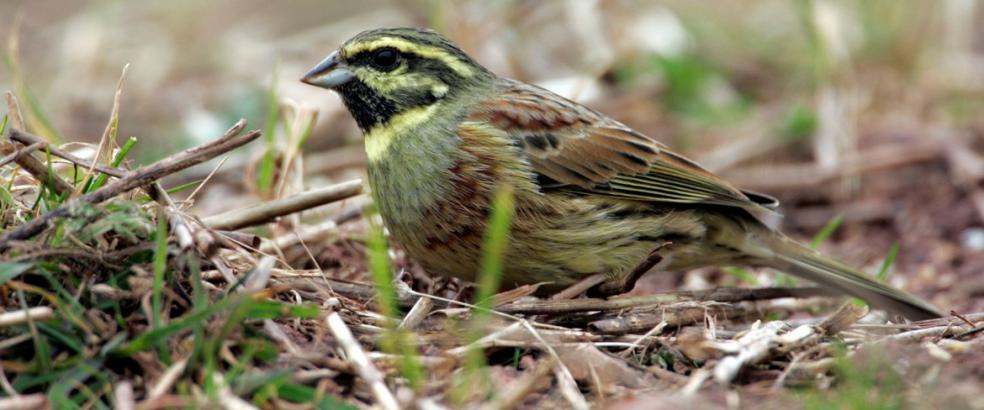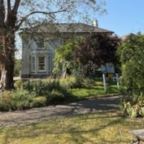
Rare Devon bird rescued from extinction
A rare South Devon Bird has been rescued from the brink of extinction following an EU-funded recovery programme.
The cirl bunting, native to South Devon, almost died out 25 years ago having falling to just over 100 pairs in 1989 due to the lack of food and nesting sites.
Now following an extensive recovery programme to protect their environments bankrolled by the European Rural Development stewardship fund numbers are making a steady return with just under 1,000 pairs estimated to live in the South Devon area.
Local Devon Euro-MP Sir Graham Watson has hailed efforts to save the cirl bunting.
He said: "I am pleased that the 10-year EU scheme has allowed local charities to bring this little bird back from the brink. "I have told the RSPB and others that they will have my full support in Brussels if they need to renew the funding."
The recovery programme began in 2003and supported by the CAP agricultural funding has seen local farmers work with the RSPB to repair and retain the ideal cirl bunting habitat in exchange for a subsidy for the work.
A spokesman for the RSPB said: “This is down to the hard work of the farmers in providing the right food and right nesting materials needed.
“We worked with the farmers to provide the necessary information as well with the government to make sure that the necessary funding was there.”
Despite the significant progress made the bird is now only found in South Devon between Plymouth and Exeter, when at its peak, it was seen across Southern England.
But signs are good that the programme is continuing to make progress, as by the end of the 2013 breeding season, over 60 young cirl bunting birds had been spotted. This was especially high given the number of breeding pairs that had been sighted in the same period.
In January 2013 Sir Graham Watson visited Lower Sharpham Barton Farm in Totnes where charity AMBIOS runs an EU-wide biodiversity traineeship programme and has provided assistance with the cirl bunting effort.
Speaking about the visit Sir Graham said: "We must do our utmost to protect our precious wildlife and preserve the tranquil and unspoilt environment in which they live."










